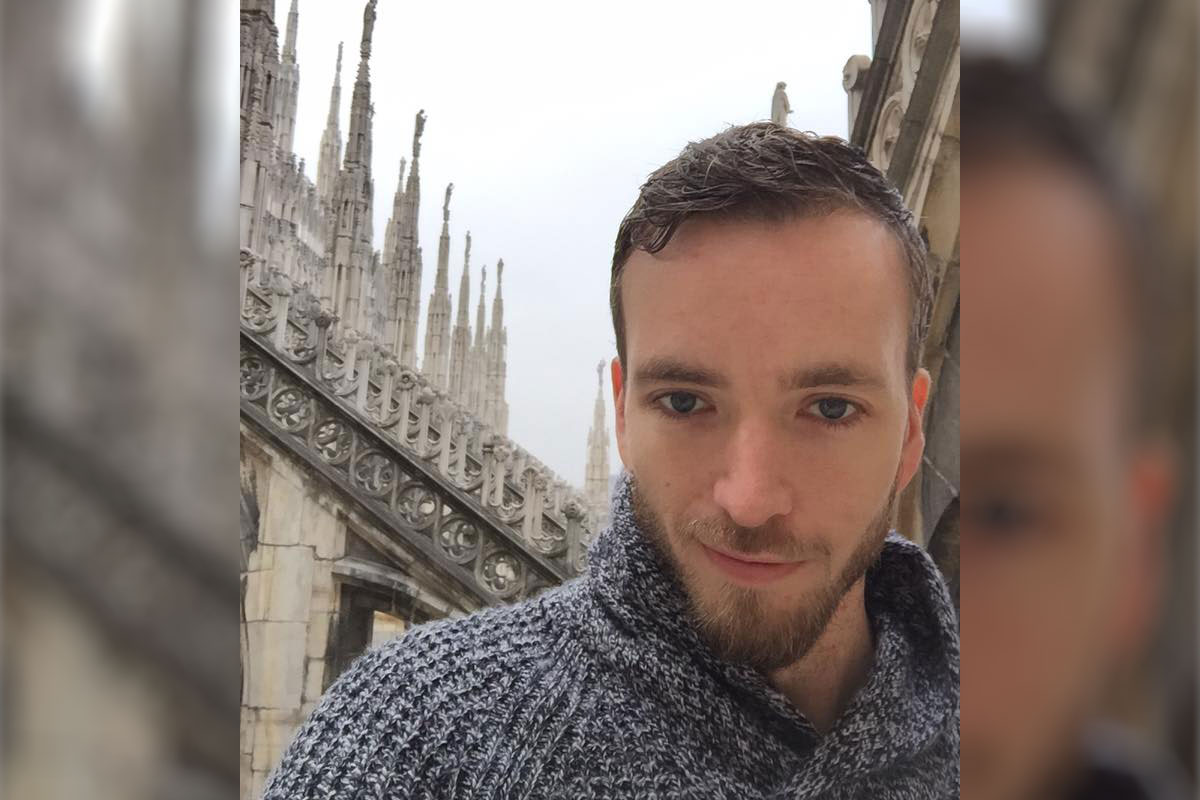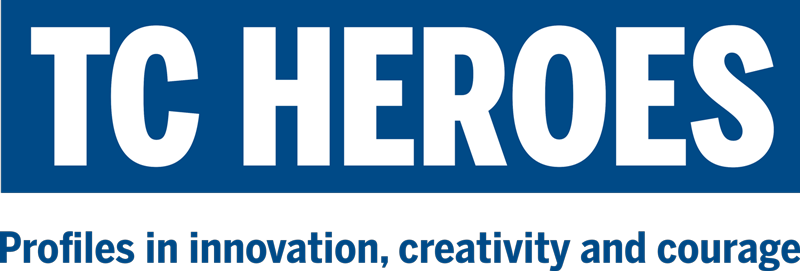As a student in TC’s online nurse education doctoral program, Stephen Richards has learned a new appreciation for data.
“We can’t teach others if we don’t have knowledge ourselves,” says Richards, a veteran nurse who normally works in pediatrics at New York Presbyterian/Columbia University Irving Medical Center in Washington Heights.
These, of course, are not normal times, so Richards has volunteered for assignment with adult COVID patients in “supplementary” intensive care units — facilities that his hospital, like others, has constructed in operating rooms and other spaces in order to meet the sudden and vast coronavirus caseload.
During the past six weeks, he’s come to understand “data” on different levels. There’s information that’s already on the books — for example, how to address some of the “comorbidities,” or other concomitant conditions, that afflict many adults in intensive care.
“I’ve given more insulin and vasopressors [drugs that treat severely low blood pressure] in the past six weeks than in my entire nursing career,” he said in a recent phone call during a break.
Then there’s raw data — a lot of it, because COVID is a new disease, and the book on providing care is a work in progress, still in the early chapters.
“Through research classes in TC’s program that use effective and pragmatic learning strategies such as the precepts of simulation [techniques for bridging between classroom learning and real-life clinical experience], I’ve learned to differentiate among different forms of data, and to critique what’s useful and what’s not,” Richard says. “Because time was not a luxury that we could afford in preparing for this assignment.”
Through research classes in TC’s program ... I’ve learned to differentiate among different forms of data, and to critique what’s useful and what’s not. Because time was not a luxury that we could afford in preparing for this assignment.
— Stephen Richards
This kind of data comes into play, Richards says, when nurses are titrating intravenous drips of vasopressors, opioids, paralytics, and insulin; interpreting lab values; and weaning patients off ventilators.
In these situations, and in many others that entail working with a close-knit interdisciplinary team of physicians and respiratory therapists, nurses act as advocates, Richards says — and, as the TC program has emphasized, embracing that role requires attending to yet another, very different kind of data.
“I’m taking a theory course in which we’ve looked at different definitions of nursing — and one of the simpler ones, which really resonates for me, is that nursing facilitates humanization,” he says.
Doing that work, Richards suggests, entails reading the room on the most profound level.
“‘Rejoice with those who rejoice and mourn with those who mourn’ — Romans 12:15,” he says. “When a patient is extubated [taken off a ventilator], we rejoice. When they pass away, we mourn. And when a patient is intubated and their family can’t be with them, we humanize them. We become their surrogate family. We talk to them, hold their hand, tell them they are strong. I tell my students to be the nurse that they would want taking care of their loved one. There’s a phone in the ICU, and family members will call and we’ll hold it up to the patient’s ear, even though the patient is sedated. When you’re a nurse, everything matters, especially the little things.”
This coming week, Columbia New York Presbyterian and other hospitals will close some supplementary ICUs — a move that reflects a slowing caseload, but also the grim reality that families are increasingly making tough decisions to put severely ailing loved ones in palliative care. Richards, who has wanted to be a nurse since he was a teenager growing up in Massachusetts, is looking forward to returning to pediatrics. But he’ll be processing his ICU experience.
When a patient is extubated, we rejoice. When they pass away, we mourn. And when a patient is intubated and their family can’t be with them, we humanize them. We become their surrogate family.
— Stephen Richards
“Kierkegaard wrote that life is lived forwards and understood backwards, and I think that will be true for most of us. There have been some beautiful moments, when patients were able to come off ventilators, and many tragic moments, too. But there’s been some sense of comfort in knowing you’re doing what there is to be done.”
Meanwhile, he says, “the war is far from over — and it’s pretty clear that things aren’t going to return to normal any time soon.”
Even if a vaccine is developed, he says, the need for social distancing and other preventive measures will still be great.
“The word ‘apocalypse’ doesn’t necessarily mean the end of the world, but it does mean that there is a new world. It means that there has been a revealing. And this is certainly such a revealing time.”
In a subsequent email, Richards added: “During the past two months I have witnessed innumerable acts of courage, perseverance and compassion. When I hold my patients hands I tell them they are strong and brave, and that they are going to get better. I can only hope the same for this new world.”
— Joe Levine

